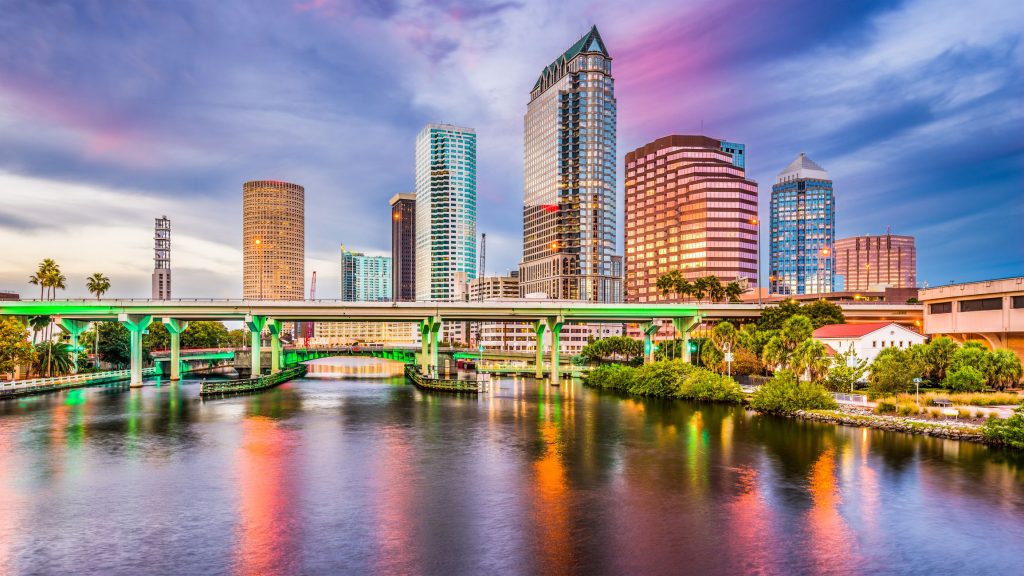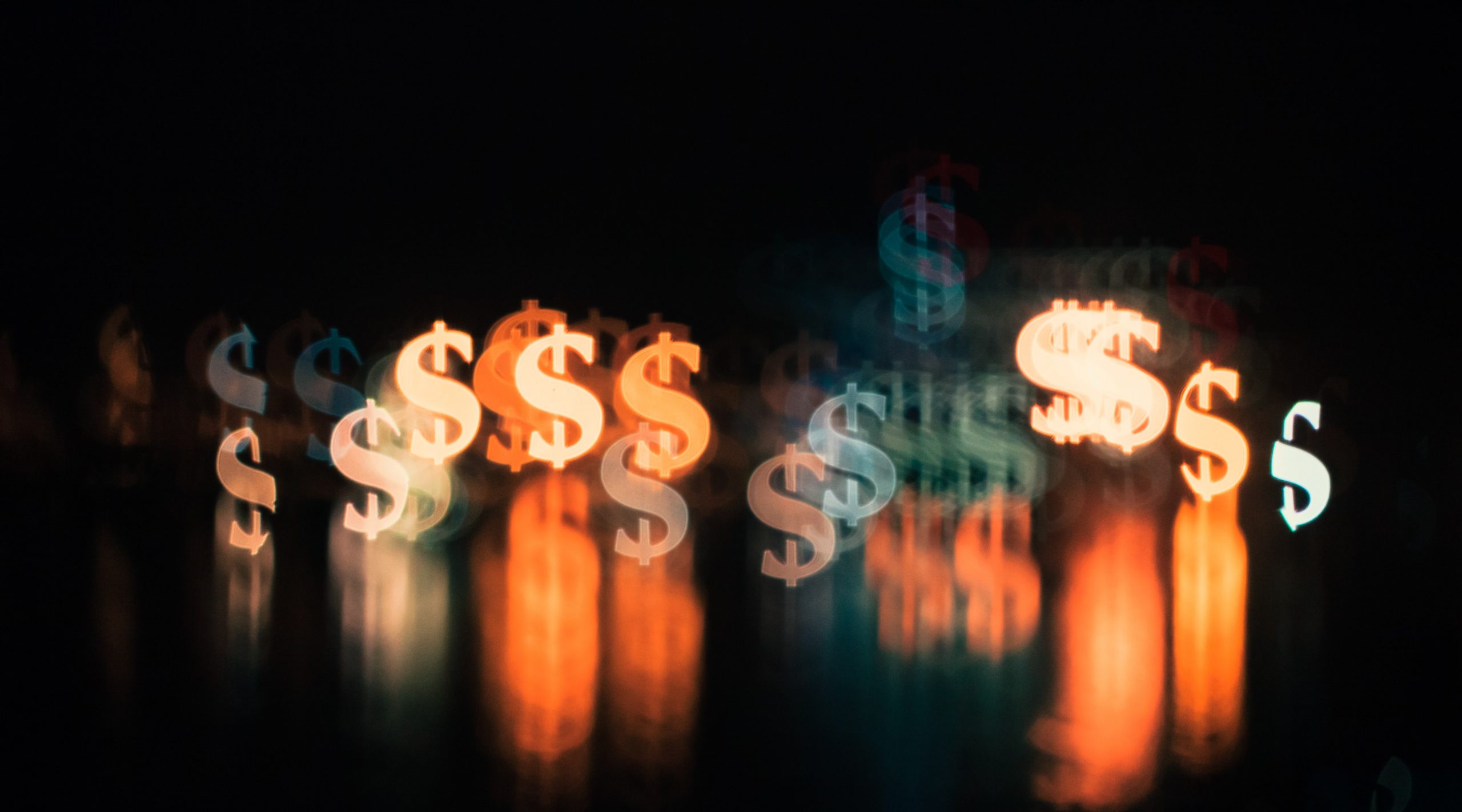The Tampa Bay area is growing fast with Tampa Bay Wave’s fully-funded cohorts
For many small-business owners who are Black Indigenous People of Color (BIPOC), and applied for federal aid and were rejected, crowdfunding and the local community seemed to be the last-resort options.

Yet, the result is the same–these owners are still struggling to keep the business alive until the COVID-19 crisis ends. And how about women-led startups? The cultural disparity and lack of funding over the last decade has only continued into the pandemic.
Even then, it’s not the pandemic that has led to this revelation, but simply a catalyst that has simply removed the Band-Aids that are “white privilege” and the luxury of government authority which has opened the eyes to the cultural disparity in the business sector.
The truth is, as TIME Magazine recognizes, is that POC have been “so neglected by this entire system; the fact that [small businesses] heaven have to think about providing food, as the most basic way to survive, is an issue first and foremost…that’s why there are so many small businesses owned by POC who understand this and have jumped in to provide that in a way that the government doesn’t.”
Over the past ten months, Florida has grown to play host to an ever-growing technology hub that resides throughout the Tampa Bay area.
Thanks to Tampa Bay Wave (Wave), a 501(c)(3) nonprofit, the mission to turn Tampa Bay into both a nationally-recognized technology hub and a friendly home for women-led startups has been a positive one. In its recent ‘Glaring Gap Report,’ released at the end of October in collaboration with the TechWomen Rising Accelerator program, examined over 2,400 startups that were funded from 2010 through 2019. The Accelerator is currently mentoring 12 local, women-led startups.
According to the Report, female-founded startups have received more funding over time, but have only received 12 percent of total VC funds, which are still less than male-founded startups.
Since 2013, Wave has supported more than 300 tech startups, thanks to grant funding from the U.S. Economic Development Administration (EDA) and the U.S. Small Business Administration (SBA), helping entrepreneurs build, launch, and grow tech businesses throughout Tampa Bay and beyond.
Its nationally-recognized TechDiversity Accelerator is designed for early-stage tech companies that are 51% owned, controlled, and operated by a minority; woman; veteran; LGTBQIA person, or combination thereof.
The Wave’s cohorts are funded by JPMorgan Chase and The Nielsen Foundation–a private foundation that enhances the use of data by the social sector to reduce discrimination, ease global hunger, promote effective education, and build strong leadership. Other investors include Bank of America and the Tampa Bay Rays.
Back in July, the Rays opened their season with a post addressing systemic racism, tweeting that opening day “is a great day to arrest the killers of Breonna Taylor.” Soon after, the Rays followed up with two other tweets–one noting the history and the other their commitment of approximately $100,000 to several local Tampa Bay groups that help combat systemic racism.
Andrew Rossow, a Hollywood media consultant in Saint Petersburg, weighed in emphasizing the ongoing need for reputable brands like the Rays to continue stepping up and using the power behind their social media accounts to stand up and speak out.
“For brands that hold these massive followings on social media are in a unique position of power to help influence their communities by spreading messages such as fighting systemic racism and cultural bias,” Rossow says. “What the Rays and organizations like Tampa Bay Wave are doing is the only way to stop the evolution of racism today, which has been going on since the 1800s. It never ended. It morphed. Social media platforms with their blue-badge verified users can help bring this to an end.”

One of the newest cohorts is the CyberTech|X Accelerator, which already has the support of Cyber Florida and the University of South Florida Muma College of Business.
Following the recent Senate hearing requiring Twitter’s Jack Dorsey, Facebook’s Mark Zuckerberg, and Google’s Sundar Pichai to answer for their respective platform’s inability to take accountability for its actions, while balancing how Section 230 of the Communications Decency Act comes into play, cybersecurity cohorts like CyberTech will need to continue to emerge, which can help provide a more structured framework for how data and security are treated today, online.
Perhaps Tampa Bay Wave can help provide more support as to the viability and regulation surrounding Section 230 of the Communications Decency Act, which continues to plague cybersecurity on social media.










